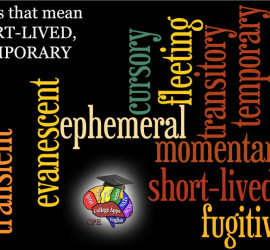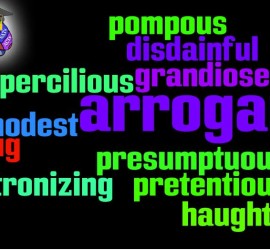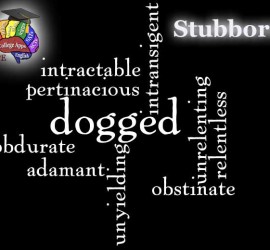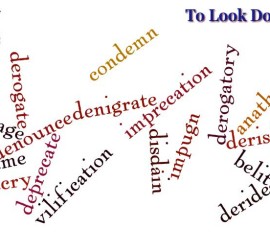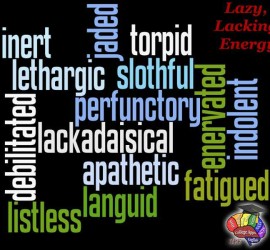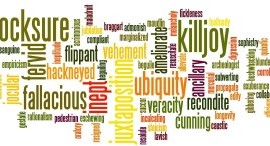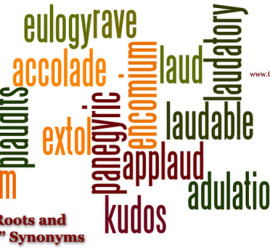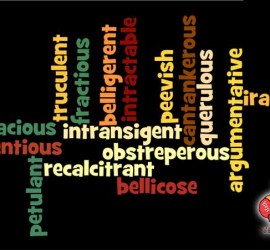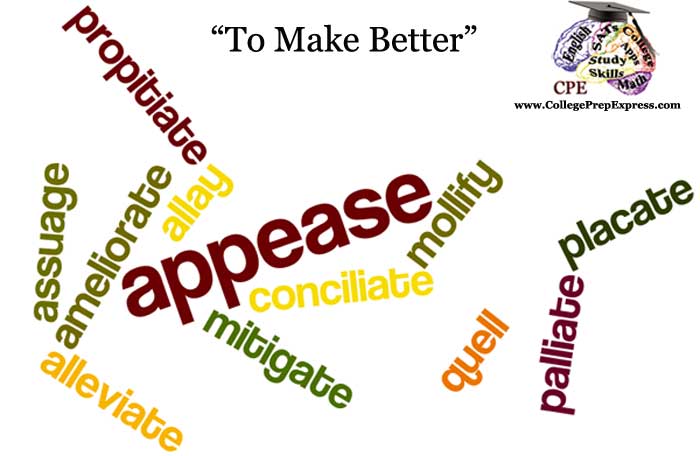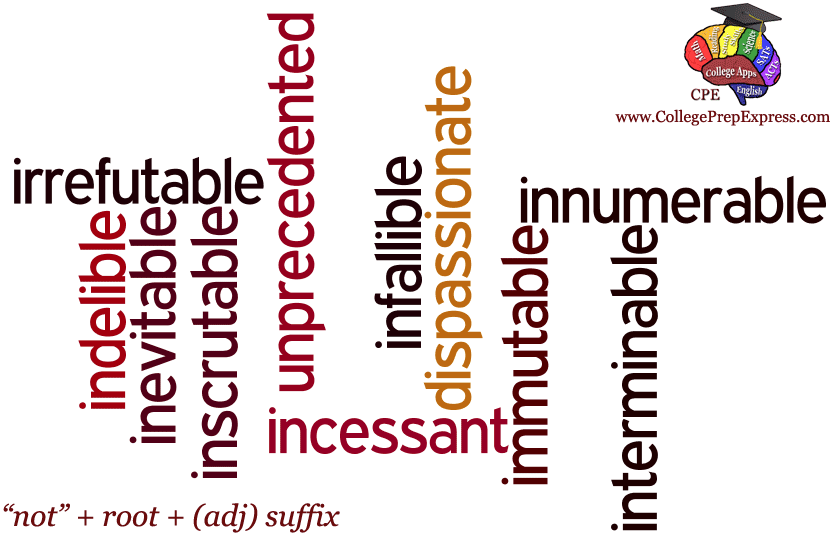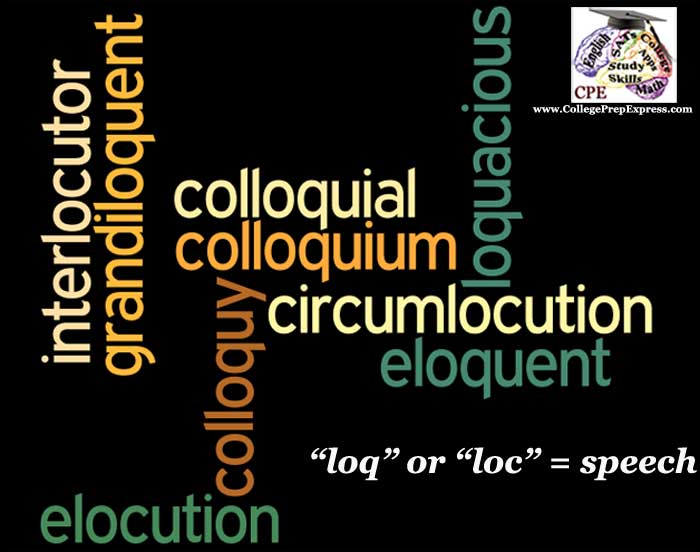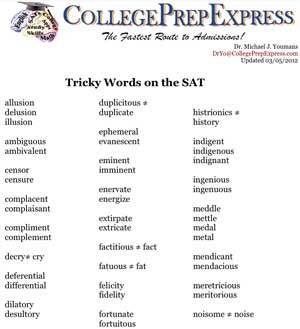4 Tips for Using Your Vacation Wisely to Prep for Winter and Spring SATs, ACTs, and SSATs
You’ve worked hard this semester—or at least that’s what you’ve told your parents ;-). You deserve a relaxing vacation, and at CPE we wish you a great time skiing, beaching, playing, hanging, reading, vegging, keeping your mask on and social distancing from others, and whatever else you like to do to unwind and recharge your batteries for the second semester. If you’re facing February-June SATs, ACTs, or SSATs (see dates here) and you’re honest with yourself, you know you can have a kick-butt vacation, do all the things you want to do, and/or spend LOTS of time doing nothing at […]


